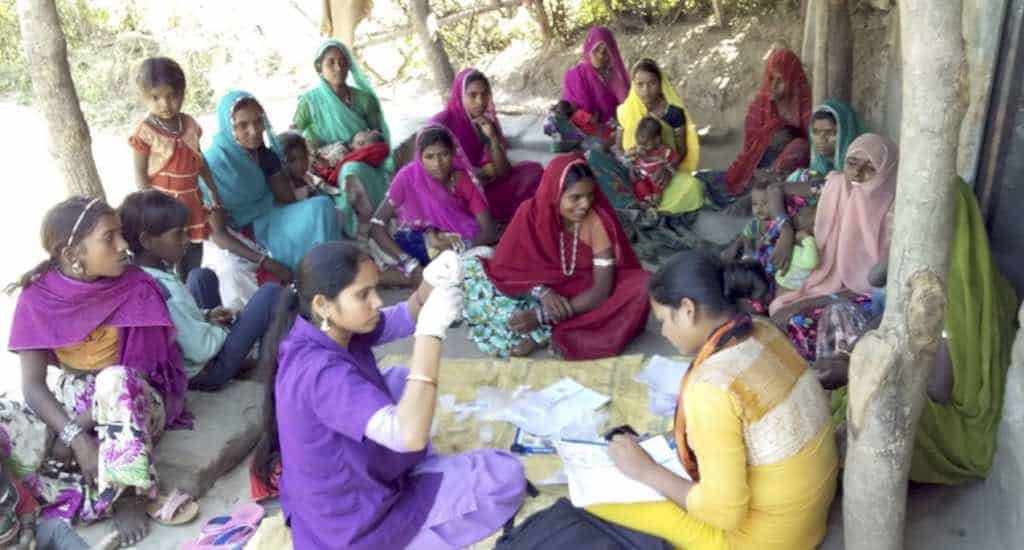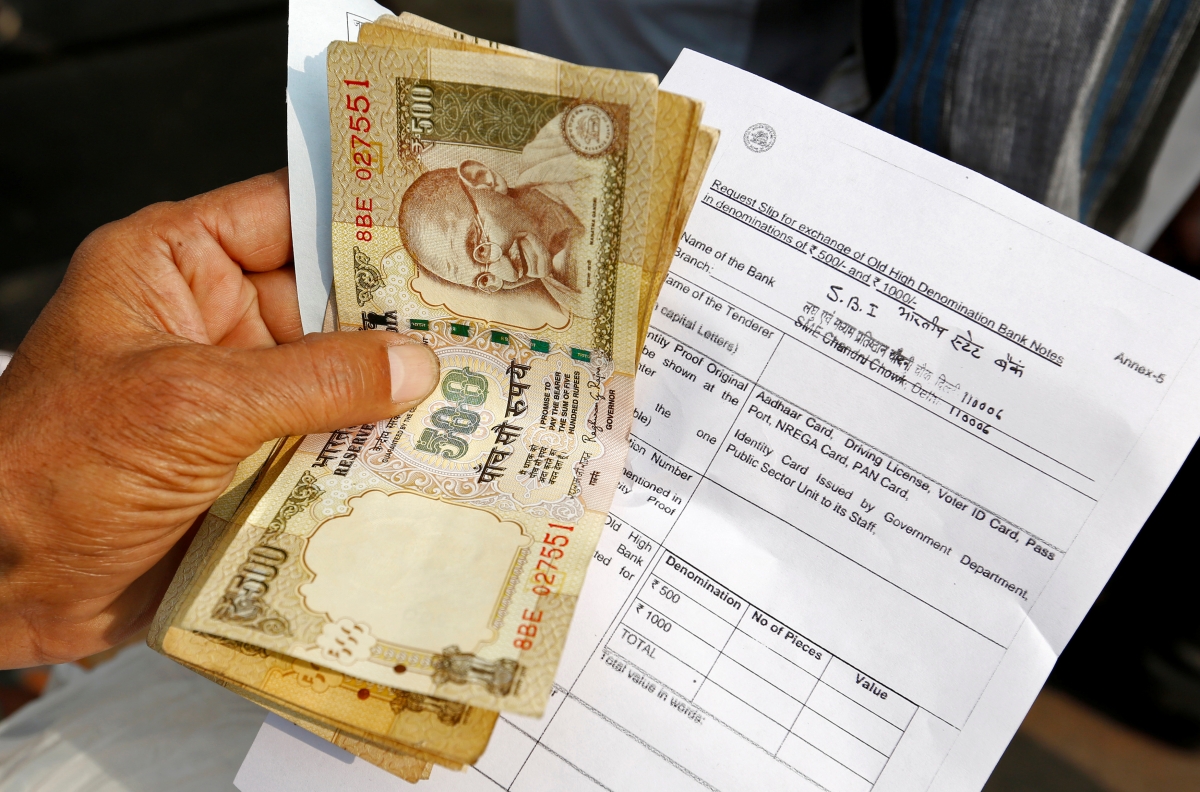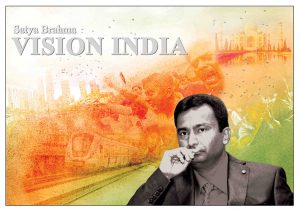

Prime Minister Shri Narendra Modi, in his address to the Nation on April 14, 2020, declared that the lockdown in India will have to be extended till May 3, 2020, with a view to arrest the spread of COVID-19 in the country. Prime Minister also declared that select necessary activities will be allowed to be opened up from April 20, 2020, in identified areas of the country.
In pursuance of the announcements of the Prime Minister, Ministry of Home Affairs (MHA) issued an order dated April 14, 2020, extending the lockdown in India till May 3, 2020. Further, MHA issued another Order, dated April 15, 2020, to allow select additional activities in areas not demarcated as containment zones by States/ UTs/ District Administrations.
#IndiaFightsCOVID19
MHA issues revised consolidated guidelines on the #Lockdown2 measures to be taken by Ministries/Departments of Govt of India, State/UT governments & State/UT authorities for the containment of #COVID19 in India. (1/2) pic.twitter.com/Q85DFtMAob— Spokesperson, Ministry of Home Affairs (@PIBHomeAffairs) April 15, 2020
Along with the Order dated April 15, 2020, consolidated revised guidelines have been issued, delineating the prohibited activities across the country, activities allowed in containment zones, and select permitted activities allowed from April 20, 2020 in the rest of the country.
The objective of the revised guidelines is to consolidate the gains achieved during the 1st phase of lockdown and further slow down the spread of Covid 19 and at the same time provide relief to farmers, labourers and daily wage earners
The activities prohibited across the country include travel by air, rail and road; operation of educational and training institutions; industrial and commercial activities; hospitality services; all cinema halls, shopping complexes, theatres, etc., all social, political and other events, and opening of all religious places/ places of worship for members of public, including religious congregations.
There are certain national guidelines like mandatory home-made face covers at work places and in public places ,strong hygiene and health care measures like provision of sanitisers , staggered shifts , access control , thermal screening and imposing fines for spitting etc. penalties will be imposed for violation.
The activities permitted under the revised guidelines, from April 20, 2020 will not be allowed within the containment zones as demarcated by States/ UTs/ District Administrations, as per the guidelines of Ministry of Health & Family Welfare (MoHF&W). In these zones, no unchecked inward/ outward movement of population would be allowed, except for maintaining essential services, i.e., medical emergencies and law & order duties, and government business continuity.
Very strong containment measures will be implemented in the hotspot districts accounting for large number of Covid 19 cases or with fast growth of cases. Detailed guidelines on delineation of containment zones and containment measures have also been issued. Only essential services are to be permitted in these zones and strict perimeter control and strict restrictions on movement enforced.
The permitted activities from April 20, 2020 are aimed at ensuring that agricultural and related activities remain fully functional, the rural economy functions with maximum efficiency, employment opportunities are created for daily wage earners and other members of the labour force, select industrial activities are allowed to resume their operations, with adequate safeguards and mandatory standard operating protocols (SOPs) and the digital economy. At the same time, keeping the imperative of containing the spread of COVID-19 in the country, National Directives for COVID-19 management have been laid down, which shall be enforced by the District Magistrates through fines and penal action as prescribed in the Disaster Management Act, 2005.
Transportation of goods will be permitted without any distinction of essential or non essential. Farming operations, including procurement of agricultural products, agriculture marketing through notified Mandis and direct and decentralized marketing, manufacture, distribution and retail of fertilizers, pesticides and seeds; activities of marine and inland fisheries; animal husbandry activities, including the supply chain of milk, milk products, poultry and live-stock farming; and tea, coffee and rubber plantations are allowed to be functional.
To provide an impetus to the rural economy, industries operating in rural areas, including food processing industries; construction of roads, irrigation projects, buildings and industrial projects in rural areas; works under MNREGA, with priority to irrigation and water conservation works; and operation of rural Common Service Centres (CSCs) have all been allowed. These activities will create job opportunities for rural labor, including the migrant labor force.
Manufacturing and other industrial establishments with access control have been permitted in SEZs, EoUs, industrial estates and industrial townships after implementation of SOP for social distancing. Manufacture of IT hardware and of essential goods and packagings are also allowed. Coal, mineral and oil production are permitted activities. It is expected that the industrial and manufacturing sectors will see a revival with these measures, and will create job opportunities while maintaining safety protocols and social distancing. At the same time, the important components of the financial sector, e.g., RBI, banks, ATMs, capital and debt markets as notified by SEBI and insurance companies will also remain functional, with a view to provide enough liquidity and credit support to the industrial sectors.
Digital economy is critical to the services sector and is important for national growth. Accordingly, e-commerce operations, operations of IT and IT enabled services, data and call centres for Government activities, and online teaching and distance learning are all permitted activities now.
The revised guidelines also permit all health services and the social sector to remain functional; public utilities to function without any hindrance; the supply chain of essential goods to operate without any hindrance; and, important offices of Central and State Governments and local bodies to remain open with required strength.
In sum, the revised consolidated guidelines are aimed at operating those sectors of the economy which are critical from the perspective of rural and agricultural development and job creation, while maintaining strict protocols in areas where safety is paramount to contain the spread of COVID-19 in the country.
Meeting is being held by Cabinet Secretary with state Chief Secretaries and DGPs to discuss smooth and effective implementation of revised guidelines that were issued earlier in the morning today. Principal Secretary to the Prime Minister, Union Home Secretary and Union Health Secretary are also present.
All Collectors, SPs municipal commissioners and civil surgeons are also participating in the conference.What is allowed
Health sector
All health services and the social sector to remain functional; public utilities to function without any hindrance
Chemists, pharmacies, veterinary hospitals to remain open. Manufacturing units of drugs, medical equipment, construction of media infrastructure to be allowed.
Farming sector
Farming operations, including procurement of agricultural products, agriculture marketing through notified Mandis and direct and decentralized marketing, manufacture, distribution and retail of fertilizers, pesticides and seeds; activities of marine and inland fisheries; animal husbandry activities, including the supply chain of milk, milk products, poultry and live-stock farming; and tea, coffee and rubber plantations are allowed to be functional.
Industries operating in rural areas, including food processing industries; construction of roads, irrigation projects, buildings and industrial projects in rural areas; works under MNREGA, with priority to irrigation and water conservation works; and operation of rural Common Service Centres (CSCs) have all been allowed.
Operation of the fishing, aquaculture industry. Movement of fish products now allowed.
Operations of tea, coffee and rubber plantations, with maximum of 50 per cent worker.
Collection, processing, distribution and sale of milk and milk products.
Operation of animal husbandry farm.
Operation of animal shelter homes
coronavirus, coronavirus news, covid 19 tracker, Modi lockdown extension, Roadblocks, essential supplies, essential supplies scarcity, indian express Operation of Anganwadis, observation homes is allowed
Financial sector:
The important components of the financial sector, e.g., RBI, banks, ATMs, capital and debt markets as notified by SEBI and insurance companies will also remain functional
SEBI, and capital and debt market services as notified by the Securities and Exchange Board of India
IRDAI and Insurance companies
Social sector
Operation of homes for children, mentally disabled, senior citizens, destitutes
Operation of Anganwadis, observation homes. Disbursement of social security measures
MNREGA works are allowed with strict implementation of social distancing and face mask
Masks are now mandatory ion public places
Public utilities
Petrol pumps, LPG, Petroleum and gas retail and storage outlets
Generation, transmission and distribution of power at Central and State/UT levels
Postal services, including post offices
Operations at municipal, local body levels
Telecommunications and internet
Transport and Goods
Transportation of goods will be permitted without any distinction of essential or non essential.
Operation of railways, airports, seaports for transport of good and cargo movement
Operation of land ports for transport of essential services
Movement of all trucks with two drivers and one helper
Coronavirus, Coronavirus India, Nizamuddin coronavirus, Nizamuddin coronavirus cases, Nizamuddin mosque, Delhi Nizamuddin coronavirus, coronavirus india cases, coronavirus india hotspots, covid-19 Transportation of goods will be permitted without any distinction of essential or non essential
Essential services
All facilities in supply chain of essential goods.
Shops, including ration shops (under PDS), dealing with food, groceries, fruits and vegetables, dairy and milk booths, meat and fish, animal fodder, fertilizers, seeds and pesticides. No restriction on timing. However, district authorities may encourage and facilitate home delivery to minimize the movement of individuals outside their homes.
Print and electronic media.
E-commerce operations, couriers services are allowed
Cold storage and warehousing services.
Data and call centers for Government activities only.
Hotels, home stays, lodges and motels, which are accommodating tourists and persons stranded due to lockdown, medical and emergency staff, air and sea crew.
Services provided by self-employed persons like electrician, plumber
Industries
In addition to manufacturing of essential goods and rural industries, establishments engaged in production of coal, mine, mineral, packaging material, jute, brick kilns
Manufacturing and other industrial establishments with access control will be allowed in SEZs, EoUs, industrial estates and industrial townships after implementation of SOP for social distancing. Manufacture of IT hardware and of essential goods and packaging can resume.
Services provided by self-employed persons like electrician, plumber are now allowed
Construction
Construction of roads, irrigation projects, buildings and all kinds of industrial projects
Construction of renewable energy products
Others
Defence, Central Armed Police Forces, Health and Family Welfare, Disaster management and Early Warning Agencies
Police, home guards, civil defence, fire and emergency services
All other departments of State/UT to work with restricted staff
What is not allowed
The activities prohibited across the country include travel by air, rail and road; operation of educational and training institutions; industrial and commercial activities; hospitality services; all cinema halls, shopping complexes, theatres, etc.; all social, political and other events; and opening of all religious places/ places of worship for members of public, including religious congregations.
In containment zones, no unchecked inward/ outward movement of population would be allowed, except for maintaining essential services, i.e., medical emergencies and law & order duties, and government business continuity.
All educational institutions to remain shut
Gatherings of more than five persons has been banned. Spitting in public has been made punishable with a fine, and the ban of liquor, gutka, tobacco etc has been strictly imposed.
Lockdown extended, Coronavirus curfew, covid 19, Pune news, indian express news Police, home guards, civil defence, fire and emergency services will be provided
Penalities
The MHA has said action will be taken under Section 51 to 60 of the Act and Section 188 of the Indian Penal Code (IPC) if any individual is found in violation of the guidelines.


















